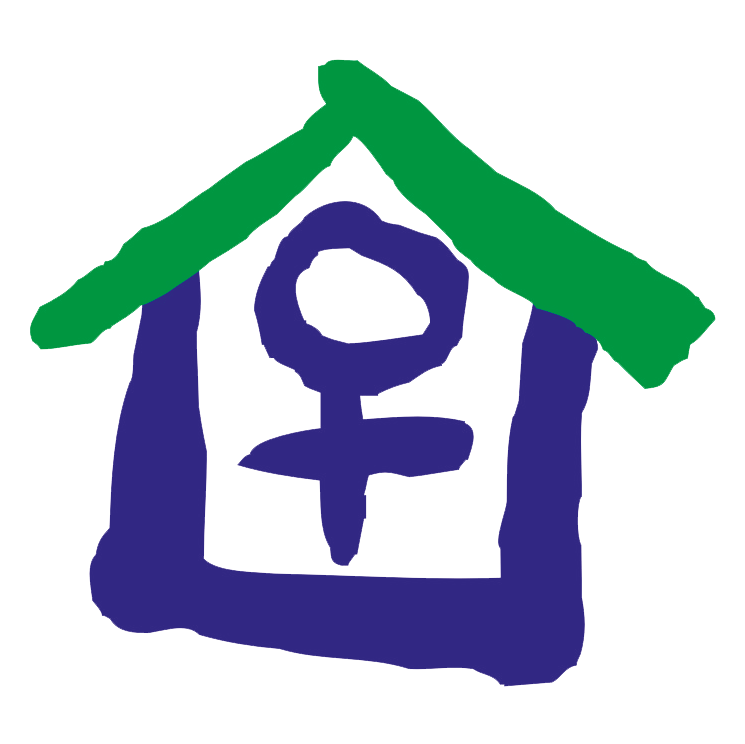• If you experience domestic violence yourself
• If you observe / see domestic violence
• If you exercise domestic violence yourself
In Elmshorn you can get advice at the women’s meeting:
0 41 21 – 66 28
(For further women’s counseling centers in SH see links)
In the event of a separation, they can also seek advice on the legal options they have to protect themselves against further acts of violence.
(link: Violence Protection Act)
For crisis situations, it is possible to call the helpline Violence against women 08000 116 016.
Women who have decided to split up and can go to a women’s shelter to receive protection and support.
Violence is not a private matter – but a crime!
Violence affects us all!
People who observe or hear something should “look” d. H. take a clear and unambiguous stance, namely that what happens is wrong. Especially women who are subjected to violence regularly and over a longer period often feel worthless and powerless. If they are met with respect and friendliness, this can be helpful for them.
When contacting the woman, first ask her what kind of help she wants. So that the affected woman can decide for herself, which is the right way for her. She can also seek advice, even if she does not want to be separated from the violent partner.
If the person does not want help, it has to be respected, and then they can be encouraged to turn to support later.
Especially if the woman has experienced violence on a regular basis over a long period, it is difficult for her to accept help, sometimes out of shame, but sometimes because she is afraid of the consequences, d. H. before further escalation.
Only the woman herself can judge what is right for her and when she wants to seek support.
to get help
People who hear or see someone getting violent should call the police immediately.
They should take care that they do not put themselves in danger, d. H. directly address other people and ask for help.
They can make themselves available as witnesses.
They must be prepared to reflect on their own behavior and to find ways to enable them to resolve conflicts without conflict or to find a constructive way of dealing with their aggressive interests.
If the perpetrators have opted for this path, they should seek professional help because this process can not be tackled on their own.
This is possible in the form of a therapy or counseling centers offering offender work or perpetrator programs.
In Elmshorn the “Brücke” offers anti-violence programs: Tel. 04121/29 10 7820
Impressum | SOS | Datenschutz

